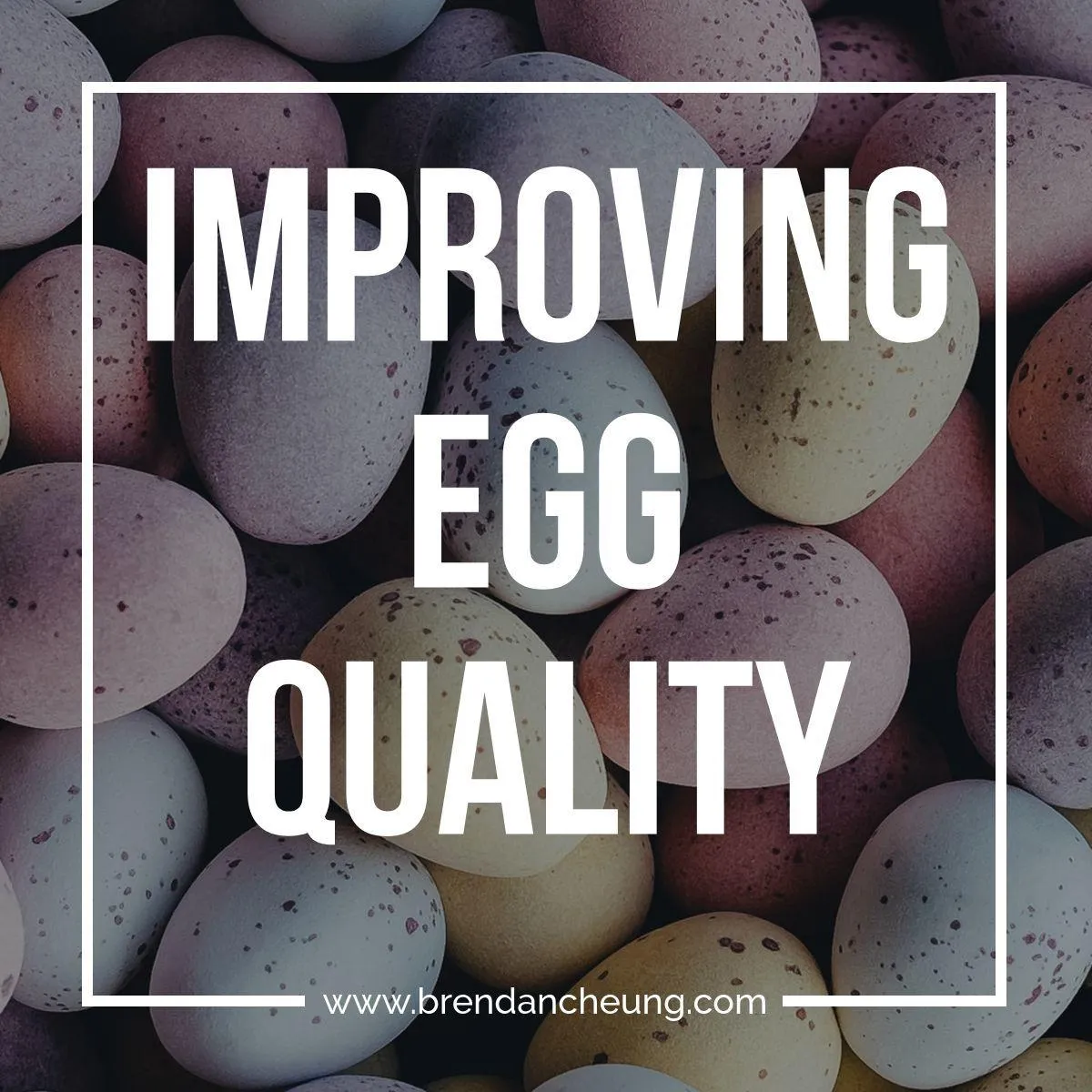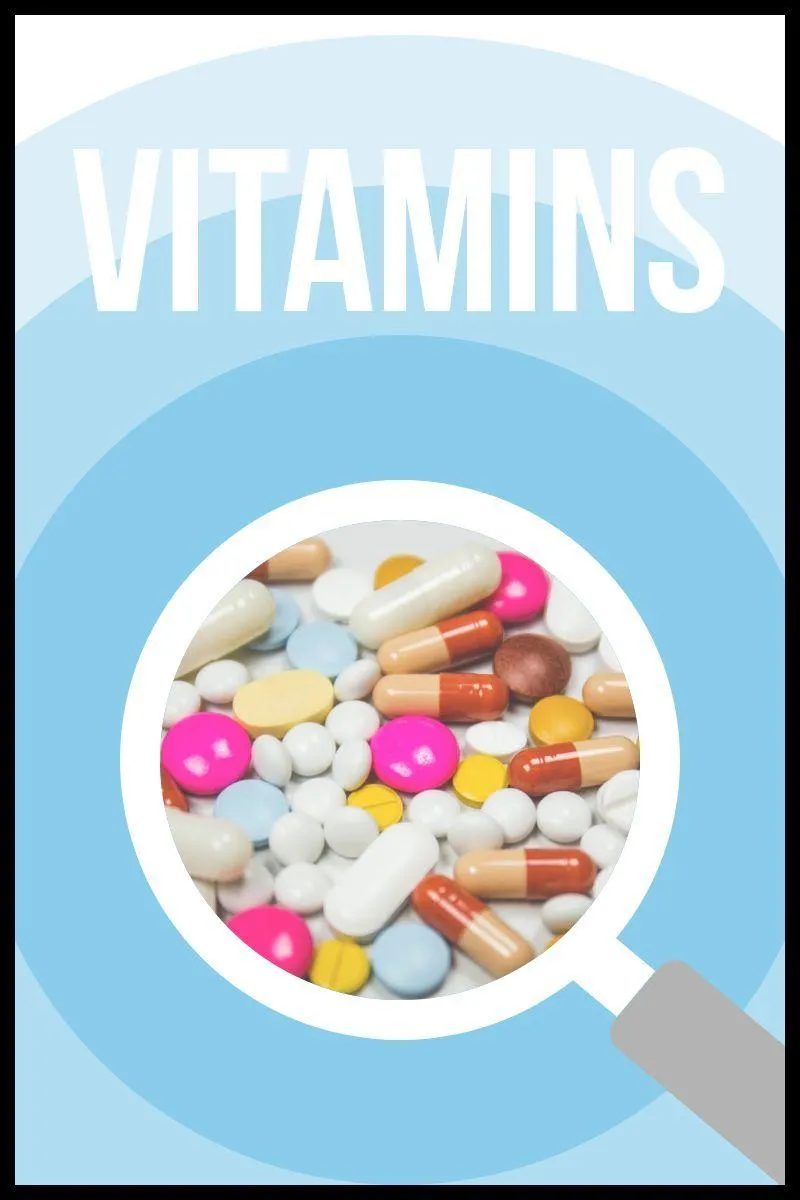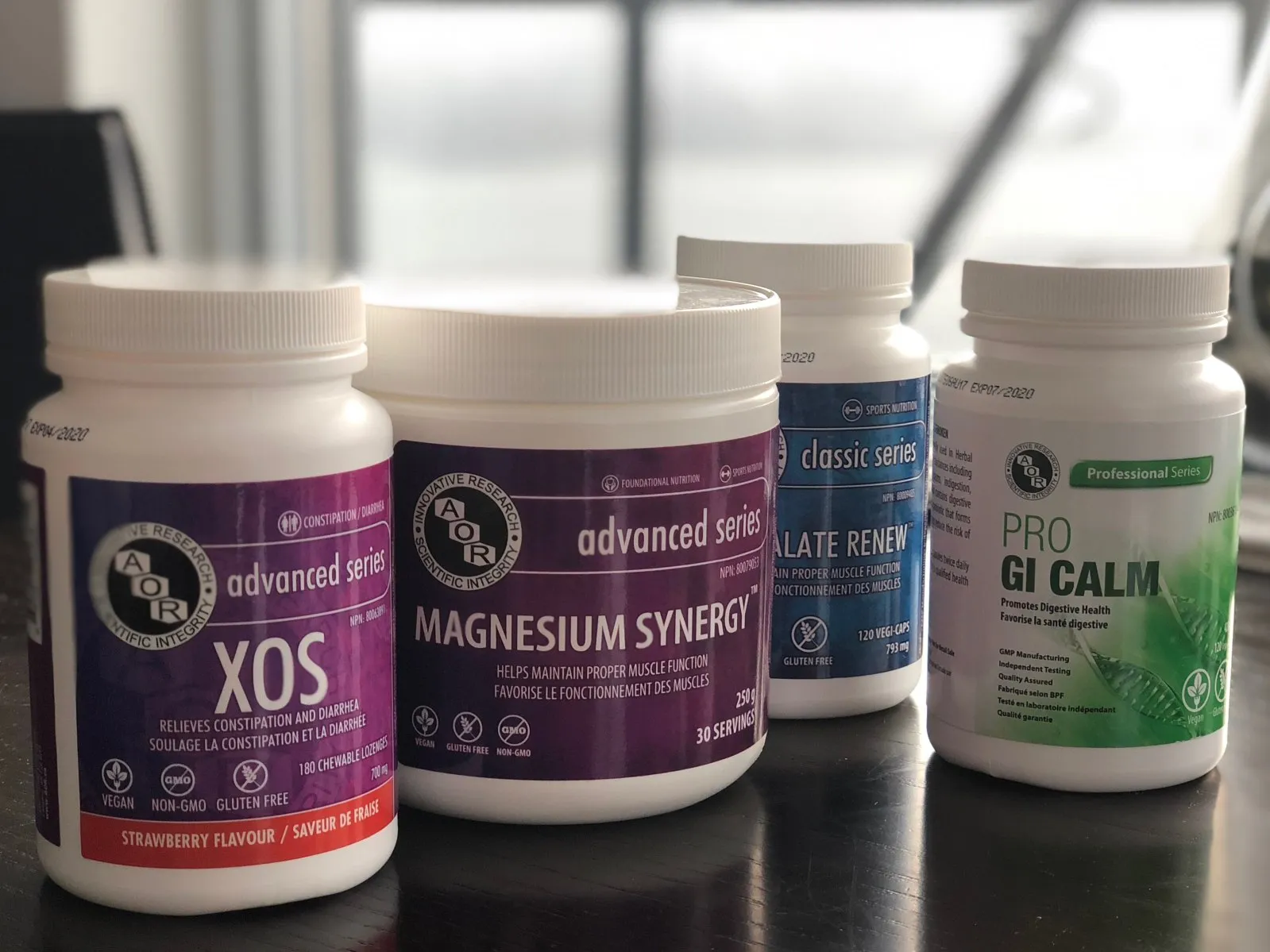Introduction
Traditional Chinese Medicine (TCM) believes in a holistic approach to care. Lifestyle choices are just as important as getting treatments. I regularly remind patients to be mindful of their diet, their sleeping and their activity levels. Simply put, the healthier you are in general, the better your egg quality.
Lifestyle
These are the factors that we usually have direct control over, even though changing old habits can be difficult.
Diet is becoming increasingly important as an improper diet will lead to increased inflammation in the whole body. I recommend patients start with limiting (eliminating is ideal) gluten based products, sugars and dairy. Caffeine is usually not a problem in smaller quantities (one a day should be fine), but a switch to non-caffeinated beverages is even better. Quitting smoking is also very effective and highly recommended; fortunately acupuncture is great for that also!
Sleep can be a complex issue, but getting enough sleep and having good sleep habits can boost fertility. Generally, being able to get 8 hours of uninterrupted sleep a night is ideal. Whether it’s going to bed at a certain time, setting a proper sleeping temperature, or using other sleep aids (masks or earplugs), you’ll have to find what works best for you. Not getting enough sleep will cause an increase in cortisol, the stress hormone. Cortisol uses the same building blocks as the sex hormones and thus: less sleep = more cortisol = less sex hormones.
Activity is another foundation of a health body. This doesn’t mean going to the gym for hours on end or running a marathon. Most of us are sedentary, sitting in front of a computer for work.
Supplements
Here are common supplements that are suggested for improving egg quality.
Co-Q10 (or Ubiquinone) is a co-enzyme found in all cells whose function is to produce energy for growth and maintenance. It also has anti-oxidant properties, which reduce damage from the normal products of cellular metabolism. CoQ10 has few side effects and a usual dosage for fertility ranges from 200-800mg/ day. Ubiquinol is a more active form of Co-Q10 and recommended for those who have metabolic issues, taking certain medications or generally of advanced age. Naturally, it is found in foods such as beef, peanuts, sardines or mackerel.
Vitamin C famously associated with oranges has a strong anti-oxidant effect. Aim for 500mg a day; if taking a multi vitamin that doesn’t provide enough, you can supplement separately to make up the balance.
Vitamin E is another anti-oxidant and is most commonly found in almonds, hazelnuts and vegetable oils (sunflower, wheat germ, safflower, corn). Sunflower seeds and spinach also have vitamin E. Aim for 200IU daily.
Omega 3 fatty acids are commonly found in certain types of fish, such as salmon or krill. Vegetarians may opt for hemp seed or flax seeds. Omega 3’s are essential for nutrition during pregnancy and may help reduce the rate of premature births. 1000mg a day is sufficient.
Folate, otherwise known as vitamin B9, is closely linked with pregnancy, specifically fetal neural tube development. It may also help with egg quality, but is on this list mostly because if you’re trying to get pregnant, you should be keeping folate levels up. The best sources of folate is found in romaine lettuce, spinach, asparagus, turnip greens, broccoli, cauliflower, beets, lentils and chicken/calf’s livers. If taking a supplement, 1mg a day is enough for most.As an aside, folic acid is the synthesized compound found in dietary supplements, as opposed to folate which is form that is found naturally in foods. When considering a supplement, make sure that it is 5-MHTF(5- methyltetrahydrofolate) on the label and not folic acid. Excessive intake of folic acid has been linked to other health issues including colon/prostate cancer. (Update: Take a deeper look at folic acid and fertility in my recent article)
Vitamin D, classically related to calcium metabolism, has been shown to influence fertility. The amount to supplement varies depending on the patient, but somewhere in the 3000-5000IU range should be sufficient. It is a vitamin that is very safe to take, so no worries about toxicity. Exposure to sunlight is the easiest way to have vitamin D, however supplementation may be required in the winter months. Sardines, salmon, mackerel, eggs are the highest sources in the diet, but likely will not provide enough to be sufficient.
Vitamins and Supplements!
For my patient's convenience, I have access to top grade supplements from reputable companies like AOR, Pure Encapsulations and Genestra. Let me know if you want to add these to your health regiment.
Conclusion
Good lifestyle habits are the foundation for good health and good fertility. For egg quality specifically, good nutrition possibly with the help of supplementation can yield great results. Now take a look next at the other half of the equation – improving sperm quality. If you have any questions or would like to include Traditional Chinese Medicine in your care, please feel free to contact me.



